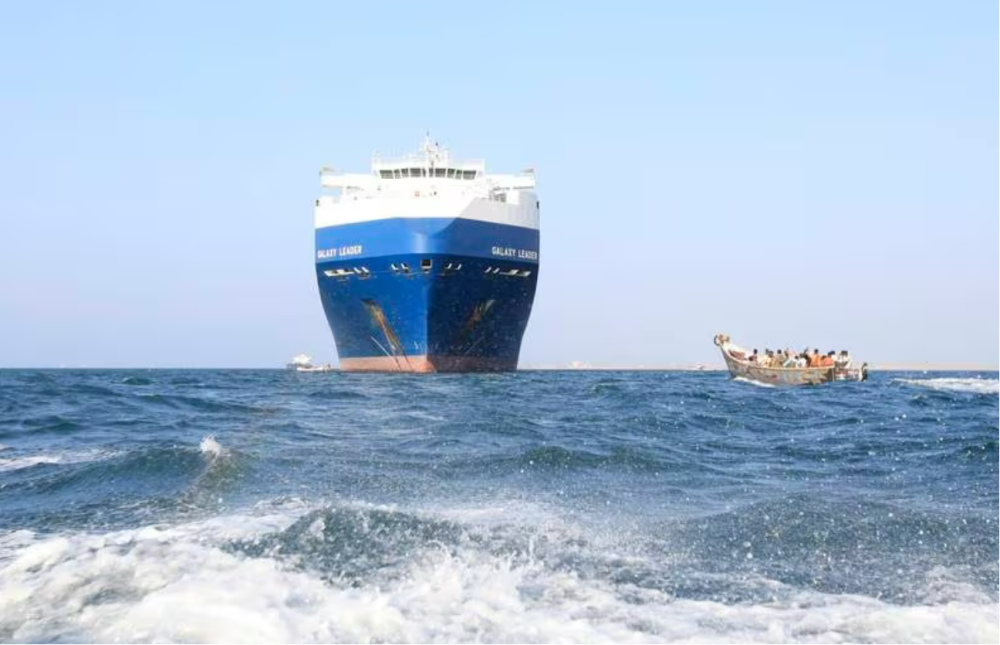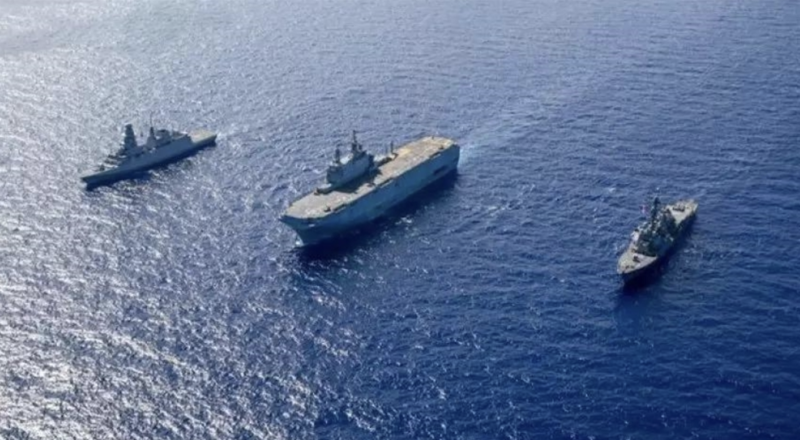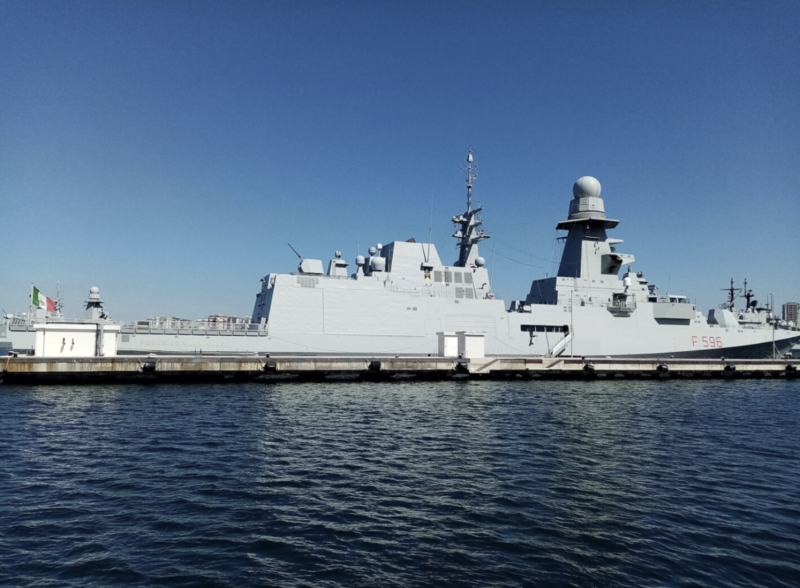Prolonged trade disruption in Red Sea could affect Mena economies


Prolonged disruption to shipping in the Red Sea could significantly affect several Middle East economies and global trade as Yemen's Houthi rebels continue to carry out attacks on vessels passing through the crucial waterway, a senior International Monetary Fund executive has said.
Freight container prices surged and Suez Canal trade volumes plunged after the first attack on ships by the Houthis last month, Jihad Azour, the fund's director for the Mena region, told the Arab Strategy Forum in Dubai on Wednesday.
“The cost of exports increased, especially in trade between Asia and Europe, knowing that a huge part of oil imports was through the Suez Canal,” Mr Azour said.
The security situation in the Red Sea poses risks to global supply chains and commodity trade as the Indian Ocean waterway serves as a vital route for international trade and shipments of oil and gas, he added.
The Iran-backed Houthis have been launching rockets at cargo ships in the Red Sea since November, actions they claim are in response to Israel's bombardment of Gaza.
Bab Al Mandeb, a strait at the southern edge of the Red Sea, is a route for oil tankers and vessels travelling between the Arabian Gulf and Asia, as well ships headed to Europe by way of the Suez Canal.
About 12 per cent of seaborne oil trade and 8 per cent of the world's liquefied natural gas passes through the strait.
Several shipping companies including Hapag Lloyd, the Mediterranean Shipping Company and Maersk have been rerouting their vessels through southern Africa, a slower and more expensive route as attacks on ships continue in the Red Sea.
Despite the challenges, Mena economies are expected to continue to grow this year and “there will be an improvement in the growth rate”, Mr Azour said.
“However, this has to be put into context of high uncertainty, the uncertainty at the political level, the uncertainty of the risk of escalation [all of which] cast a shadow on the projections for this year,” Mr Azour told The National on the sidelines of the forum.
Gaza conflict
So far, the Gaza conflict has had a limited impact on economies in the broader Mena region, with Palestine and the neighbouring countries feeling the pain, particularly in sectors such as tourism, he said.
Middle Eastern and Central Asian economies are expected to expand by 3.4 per cent in 2024, after growing by an estimated 2 per cent last year, the IMF said in its World Economic Outlook report in October.
The Palestinian economy, on the other hand, is set to shrink by 3.7 per cent in 2023, from a growth projection of 3.2 per cent before the war, according to the World Bank.
“The other dimension that is important in 2024 is the cost of this uncertainty – how this is going to affect the cost of funding, the capital raised,” Mr Azour said.
“Last but not the least … the global economy is showing signs of recovery and the policies that were introduced globally to address the issue of inflation seems to be producing results, which may have a positive impact or positive upside risk on the region.”
Inflation continued to fall in the US, the world’s largest economy, and the US Federal Reserve has hinted that it may cut interest rates this year.
GCC economies
The GCC's non-oil gross domestic product is expected to continue to grow this year amid diversification efforts, said Mr Azour.
“All GCC countries will see better economic outcomes this year,” he said. “I expect Saudi [Arabia] to do as well as the UAE to maintain the level of growth of 2023 on the non-oil sector.”
Economies in the GCC have recovered from the effects of the coronavirus-induced slowdown on their oil and non-oil sectors, with the growth momentum set to pick up in the next two years amid diversification efforts.
The region is forecast to grow by 1 per cent in 2023 before rebounding to 3.6 per cent and 3.7 per cent in 2024 and 2025, respectively, the World Bank said in November.
The UAE's economy is projected to expand 5.7 per cent this year, with non-oil GDP growth at 4.7 per cent, according to the country's Central Bank.
Meanwhile, Saudi Arabia’s finance ministry projects real GDP growth of 4.4 per cent in 2024, boosted by its expanding non-oil sector.

Mokha — Yemen is entering a highly sensitive stage as political and military developments accelerate, raising mounting warnings over the resu…

Red Sea — The European naval mission tasked with safeguarding international shipping lanes announced that an Italian frigate operating under…

Paris – The French Ministry of Foreign Affairs issued a statement expressing deep concern over the situation in Yemen, while reaffirming its…